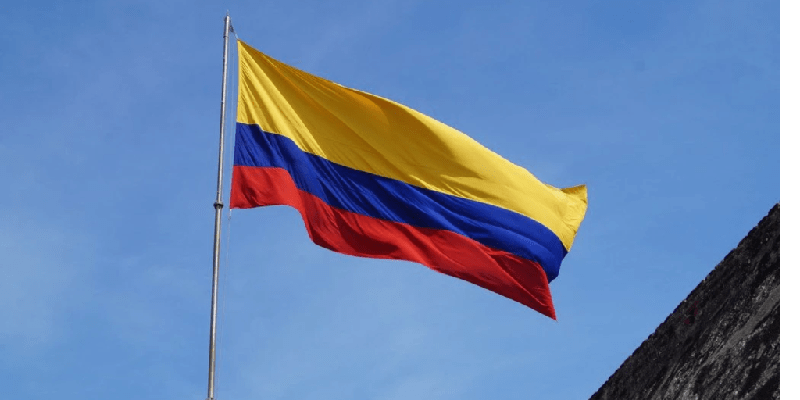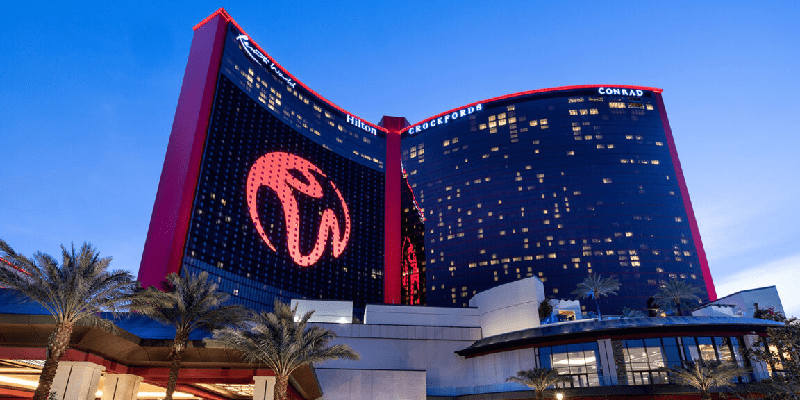Thai government officials are being urged by the deputy finance minister to finalise a plan that would legalise entertainment complexes, which are similar to casino resorts, in the nation.
The customs, revenues, and excise sections of the ministry are being asked by Julapun Amornvivat to establish a system for collecting taxes from the prospective industry. He is also not squandering any time. The Bangkok Post reports that by mid-October, Julapan would like to have a pitch ready.
Embracing a worldwide sector
With the exception of a state-run horse race and a national lottery, gambling is presently illegal in Thailand. In 2023, when Srettha Thavisin was prime minister, the country started aggressively pursuing gambling complexes. The idea will be advanced by his successor, Paetongtarn Shinawatra.
The objective is to attract more tourists, investors, and job creators, just like Japan's first casino in Osaka is doing. In an effort to rein in the illicit grey market, lawmakers would also seek to seize funds that now go to border nations like Laos and Myanmar for their casinos.
A total of 253 out of 257 members of the Thai House of Representatives voted in favour of a casino bill draft on March 28. The yearly increase in tourist income will be 394.7 billion baht (about $9 billion, €10.9 billion, or $12 billion), according to a study. Spending on each trip would rise to 65,000 baht, a 52% increase, for a total of 448.8 billion baht more.
Assuming everything goes according to plan, the move will boost the second-largest economy in Southeast Asia and integrate Thailand into a global sector.
The major players are invited to Thailand
It appeared that Amornvivat disregarded a proposal put out by Korrawee Prissananantakul, a member of parliament who thinks the government ought to operate its own casinos rather than rely on international gaming operators.
"Then] this policy would be beneficial for all Thais, not just a select few investors," Prissananantakul stated last month.
However, according to Amornvivat, any investors who fulfil the requirements would have access to the industry. Their paid-up capital must be at least 10 billion baht, and they must be limited or public corporations incorporated in Thailand. The application fee is 100,000 baht, the first licence charge is 5 billion baht, and the annual fee is 1 billion baht. After the first 30 years, you'll be able to renew your licence every 10 years.
A number of prominent figures have previously shown their solidarity. Among them are Hard Rock, MGM Resorts, Wynn Resorts, Caesars Entertainment, and the Las Vegas Sands Corporation. Melco and Genting can potentially be contenders as well.
"Regional clusters" fuel rivalry
Two casinos would be located in Bangkok, the capital city, while the other three would be in Chiang Mai, Phuket, and the Eastern Economic Corridor, according to the present plan. "Effectively create five regional monopolies" was the prediction of author and industry veteran Daniel Cheng in a research from 2023.
Legislators should back the "regional cluster concept" with three or four complexes in tourist areas and smaller "Cotai-type cluster zones" in rural areas in order to "instil competition," he said.
That is a concept that Prissananantakul can support. He advocated a diverse business that would more fairly distribute money, along with state-run casinos.




























